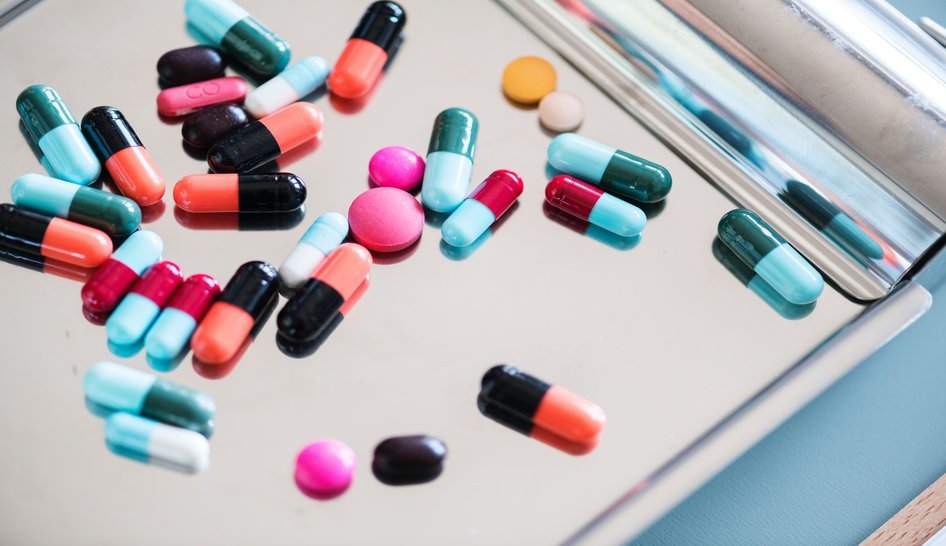Health clubs are in the business of people. They help people lead their best lives by creating a safe space for communities to come together, develop healthy habits, and achieve their wellness goals.
Selling Dietary Supplements? Make Sure You Know the Risks
Selling dietary supplements is a great way for gyms to generate extra revenue, but make sure you and your members are aware of the risks.

While exercise is beneficial on its own, combining physical activity with a healthy diet can often help gym members reach their wellness goals more quickly. Many clubs are beginning to recognize the positive role that nutrition plays in the wellness equation and have started to capitalize on this by selling dietary supplements to generate additional revenue.
Supplements like fish oil, protein powder, and recovery drinks (think Muscle Milk and Tart Cherry Juice) have become popular with regular gym-goers because of their ability to potentially reduce inflammation, enhance performance and outcomes, and speed up recovery.
The problem with supplements is that not all of them are safe or effective, which creates confusion for consumers who are trying to decide which ones to take. Certain ingredients are dangerous or illegal, and figuring out which ones to avoid can be difficult.
The most recent example of this comes in the form of a new ingredient called Selective Androgen Receptor Modulators (SARMs).
SARMs have been appearing in some supplements that are marketed as dietary supplements and appear on the nutrition label under names like “ostarine” and “andarine.” Essentially, they mimic the effects of androgen drugs like anabolic steroids.
“The problem with supplements is that not all of them are safe or effective, which creates confusion for consumers who are trying to decide which ones to take. Certain ingredients are dangerous or illegal, and figuring out which ones to avoid can be difficult.”
However, SARMs are not considered dietary supplements. The U.S. Food and Drug Administration (FDA) issued a warning about their risks, noting that “life threatening reactions, including liver toxicity, have occurred in people taking products containing SARMs. SARMs also have the potential to increase the risk of heart attack and stroke, and the long-term effects on the body are unknown.”
The World Anti Doping Agency has also banned them, meaning high school, college, and professional athletes can be disqualified from competition for using them.
And this is just one example of the uncertainty that surrounds dietary supplements. You can help keep your members safe by avoiding offering products that contain SARMs (or other potentially harmful ingredients), educating trainers about supplement safety and regulations, and educating members about their risks. IHRSA also worked with the Council on Responsible Nutrition (CRN) to share educational resources and information, so take a look at the guidance they provide on their website. In the meantime, if you have any other questions on this topic, please contact Alexandra Larcom, MPH, RD, LD, senior manager of health promotion & health policy.

Alexandra Black Larcom, MPH, RD, LDN, previously served as IHRSA's Senior Manager of Health Promotion & Health Policy—a position dedicated to creating resources and projects to help IHRSA members offer effective health programs, and promoting policies that advance the industry.